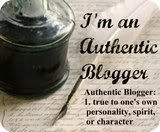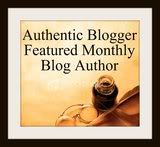 I've always been a military history guy, even dating back to third grade (that's the last memory I have of it, anyway). I used to read and collect these World War II cards (about 3 inches square, so not something like a trading card) that explained many aspects of World War II. I had read every World War II book at the Wilson Elementary School library by the time I finished 6th grade.
I've always been a military history guy, even dating back to third grade (that's the last memory I have of it, anyway). I used to read and collect these World War II cards (about 3 inches square, so not something like a trading card) that explained many aspects of World War II. I had read every World War II book at the Wilson Elementary School library by the time I finished 6th grade.That has never changed. So when I had the chance to pick up Cataclysm, David Stevenson, I jumped at the chance (one of the great perks of reviewing for Curled Up With a Good Book). I had read a few things about World War I, but not anything comprehensive. This book looked seriously intriguing when I picked it off the "books to review" list back in 2005.
I wasn't disappointed. This book is very dense, which makes it extremely comprehensive for a 500-page book with a ton of end notes. If you have any interest in World War I, or just military history in general, this is the book for you.
From my review on Curled Up With a Good Book:
"It has been a while since I've really gushed about a book, but I won't be able to help myself with this one. Cataclysm: The First World War as Political Tragedy by David Stevenson has to be one of the best books I have ever read on World War I, and one of the most compact yet comprehensive history books I've seen. It is less than 500 pages, but it covers every aspect of the war, from the strategy involved to the politics of starting, running, and, most importantly, ending the war. It goes beyond even that, though, by discussing the impact the war had on the post-war years, analyzing the years between the two world wars and even how memories of the war affected how the second one was fought. As a final thought, the conclusion discusses how the war has been looked at over time, how perceptions have changed, not only of who started the war, but also how it was fought."The only problem that I saw in the book was the really weird use (or lack thereof) of commas. It made it confusing at times, requiring me to reread a sentence or two to make sure I wasn't misunderstanding something.
I cannot recommend this book highly enough. If you'd like to see why, go check out the review.















0 comments:
Post a Comment
Note: Only a member of this blog may post a comment.